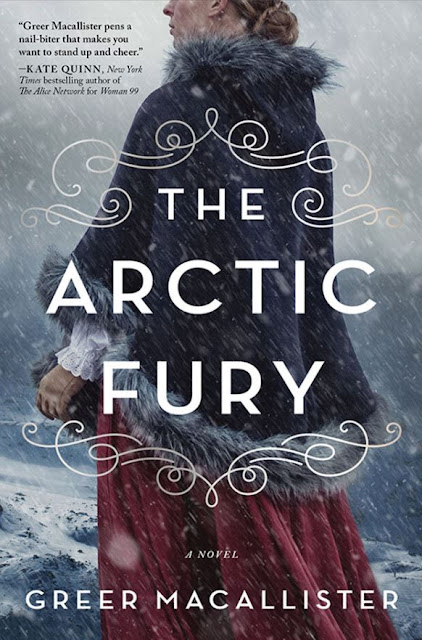Nora: A Love Story of Nora And James Joyce by Nuala OConnor

Nora Barnacle was a wife of James Joyce, his muse and the model for Molly Bloom in Ulysses. This is her story, boldly reimagined. Ireland, 1904. Nora Barnacle comes from Galway to Dublin where she works as a maid at Finn’s Hotel. At twenty-years-old, she meets Dubliner James Joyce. When James secures a teaching post in Zurich, he asks Nora to leave with him. Despite his hesitation to marry, she follows him. As it turns out, the teaching is not for him. It’s too constricted. He is a free spirit, who craves to express his thoughts in writing. He struggles to find a publisher and it leads him to reach for spirits more and more. His money spent on drinking doesn’t help the constantly struggling family. Nora, with education ending at the age of twelve, now takes in laundry and ironing to make some money. Despite living in poverty throughout Europe, her support and believe for James’ gift is unwavering. And admittedly, she knows that they’re not good at managing money. The characters are i



